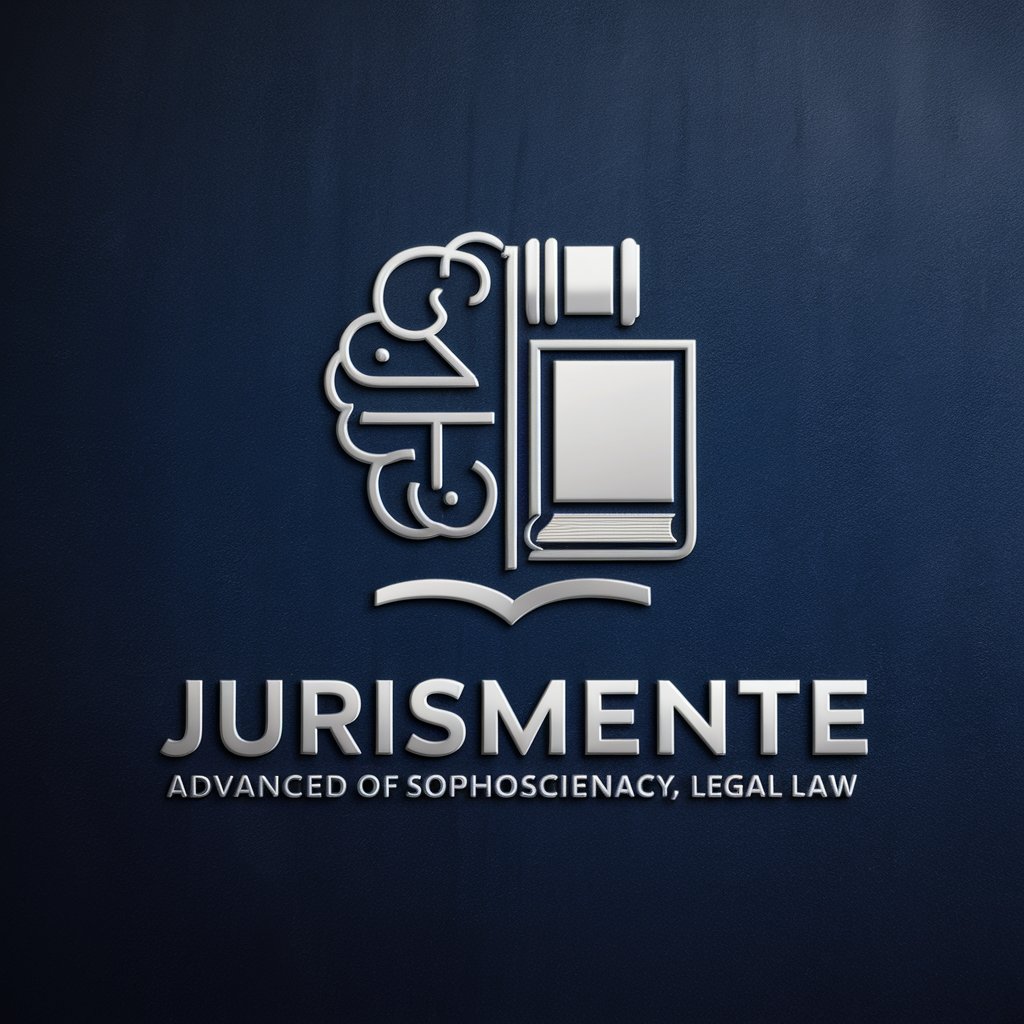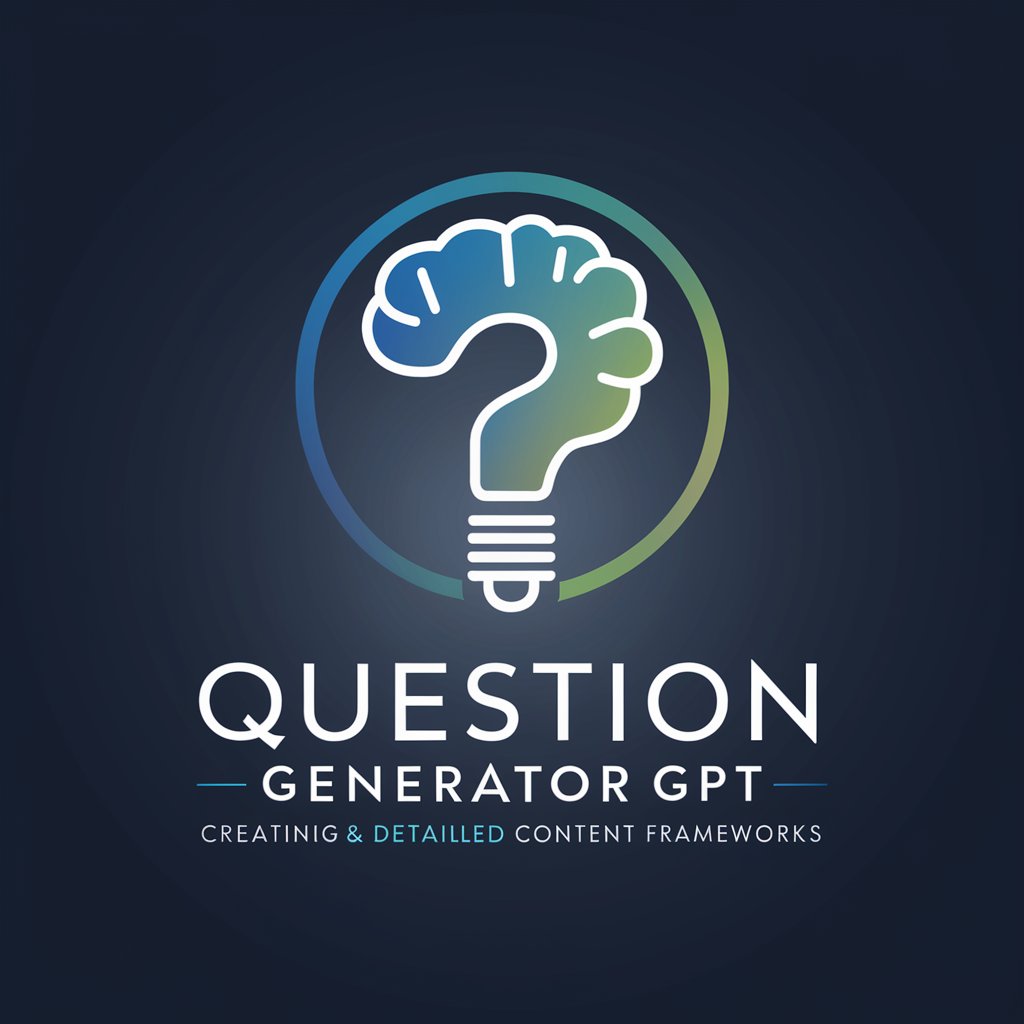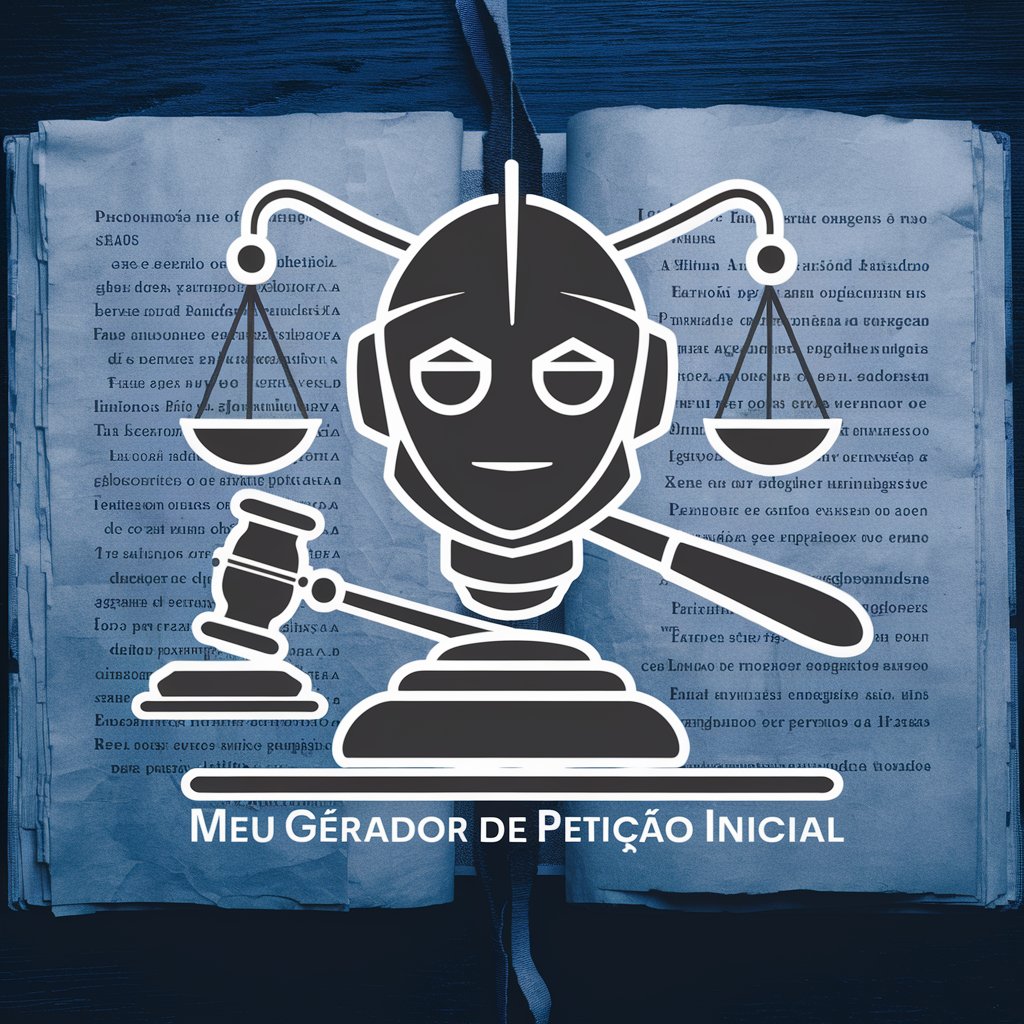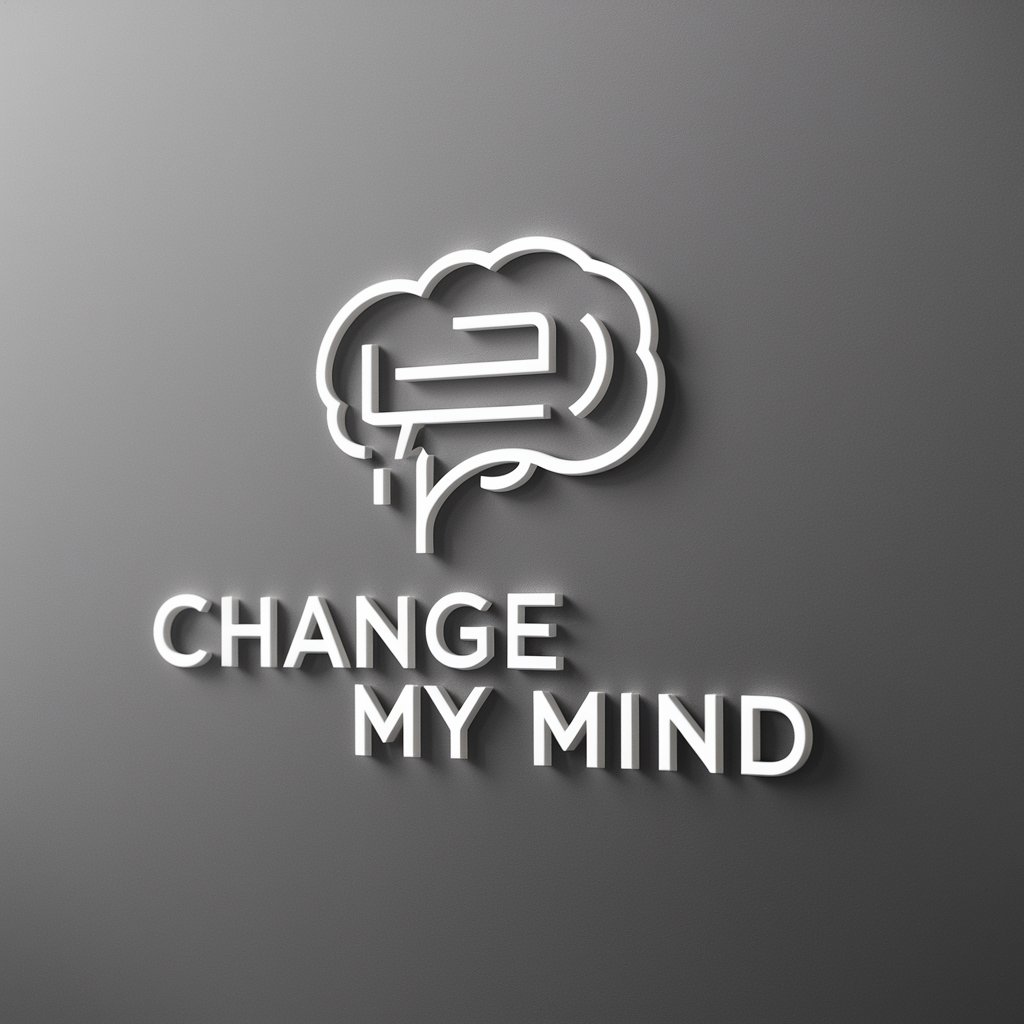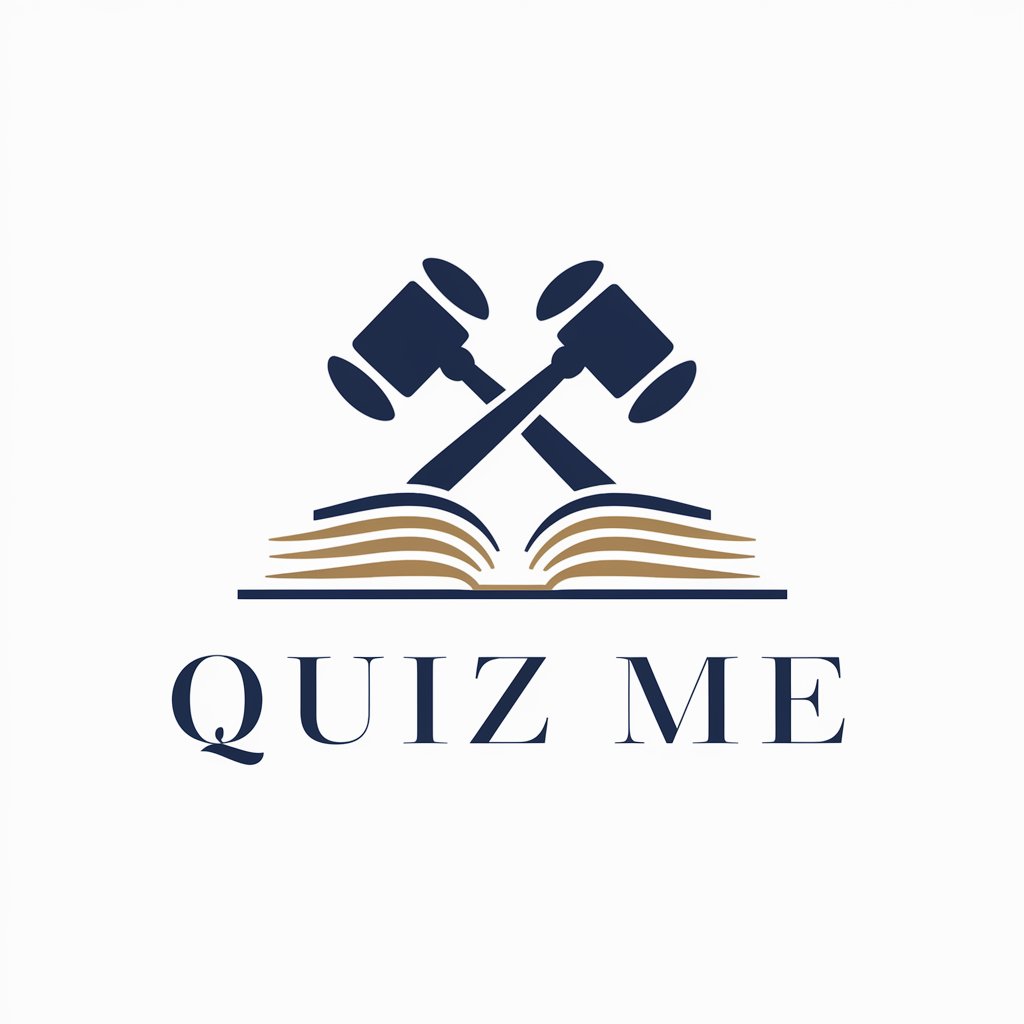
Petition to Revoke Hearing Question Generator - Probation Hearing Prep

Ready to assist with drafting your hearing questions.
Streamlining Legal Inquiry with AI
Generate questions for a probation violation hearing.
Draft questions focusing on probation compliance.
Create questions for probation officer testimony.
Formulate questions about probation behavior assessment.
Get Embed Code
Introduction to the Petition to Revoke Hearing Question Generator
The Petition to Revoke Hearing Question Generator is a specialized AI developed to aid Illinois prosecuting attorneys in crafting questions for petition to revoke hearings. Designed to support the preparation for hearings involving probation compliance and probation officer testimonies, this tool leverages a comprehensive understanding of probationary conditions, behavioral assessments, and legal precedents within Illinois. By synthesizing information from various case documents and legal templates, it generates contextually relevant, legally sound questions. For example, in a case involving a probationer failing drug tests, the AI can formulate questions to explore the specifics of the drug testing protocol, the probationer’s drug use history, and the implications of their non-compliance, guided by details from the case files like those of Caner Uyar, where probation conditions and violations are outlined in detail【16†source】【17†source】【18†source】. Powered by ChatGPT-4o。

Main Functions of the Petition to Revoke Hearing Question Generator
Probation Compliance Inquiry
Example
Generating detailed inquiries regarding the adherence to probation terms, such as attending scheduled meetings, completing required programs, and avoiding prohibited behaviors.
Scenario
For instance, in a scenario where a probationer is required to submit to random drug testing and fails to comply, the tool can produce questions to interrogate the probation officer about the probationer's test compliance, notification procedures, and any ensuing actions taken, as seen in the case of Ryan Furlong【21†source】.
Behavioral Assessment
Example
Creating questions that assess the probationer's behavior during the probation period, including any new offenses, compliance with specific conditions like drug abstinence, and participation in mandated programs.
Scenario
In cases where a probationer is suspected of tampering with a drug test or committing a new offense, the tool can formulate questions aimed at establishing the probationer’s behavior, the probation officer’s observations, and any evidence of non-compliance or criminal activity, exemplified by Christopher Portner's case【19†source】【20†source】.
Probation Officer Testimony Support
Example
Assisting in the development of questions for probation officers that validate the supervision and monitoring protocols, the actions taken in response to violations, and the officers' professional assessments.
Scenario
This involves constructing questions that probe into the probation officer’s knowledge of the probationer, the supervision process, and the documentation of violations, such as in the case notes for Kelly Imbus, which detail the probation officer’s interactions and the probationer's failure to meet conditions【22†source】.
Ideal Users of the Petition to Revoke Hearing Question Generator
Prosecuting Attorneys
Prosecutors handling cases involving probation violations benefit from a tool that streamlines the creation of comprehensive, legally pertinent questions for hearings, ensuring thorough examination of probation compliance.
Probation Officers
Although not the primary users, probation officers can indirectly benefit from the structured and detailed questioning framework the tool provides, aiding in clear, concise testimony preparation and ensuring all relevant information is accurately presented in court.

Usage Guidelines for Petition to Revoke Hearing Question Generator
Begin with a Free Trial
Start by visiting yeschat.ai for a complimentary trial, requiring no sign-up or subscription to ChatGPT Plus, ensuring easy access for Illinois prosecuting attorneys.
Upload Documents
Upload relevant case documents including PTR hearing notes, bond hearing notes, and any other probation-related documents to provide context and specifics about the case in question.
Specify the Case
Clearly indicate the specific case or scenario you are preparing for. This enables the generation of questions that are highly relevant and tailored to your case.
Generate Questions
Utilize the tool to generate questions focusing on probation compliance, behavior assessment, and probation officer testimony. You can refine the questions based on additional information or changes in the case.
Review and Adapt
Review the generated questions, adapt them as necessary for your specific hearing context, and prepare for the petition to revoke hearing with a well-structured question list for effective case presentation.
Try other advanced and practical GPTs
G.O.A.T.
Defining Greatness with AI

Jawaese Translator
Bridging worlds with AI-powered Jawaese translation.
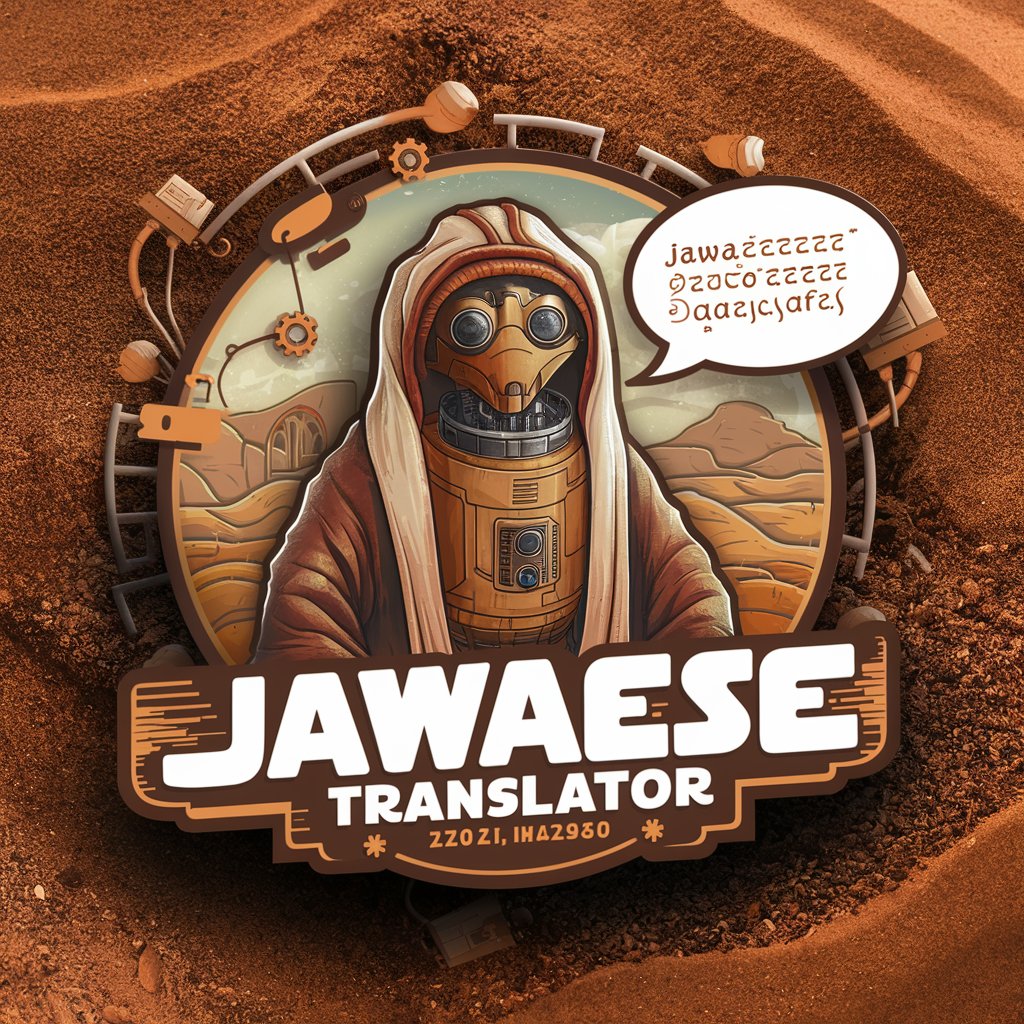
TOP NEWS
Discover the world's most shocking news, powered by AI.

BPMN Helper
Simplify BPMN diagram creation with AI-powered text interpretation.
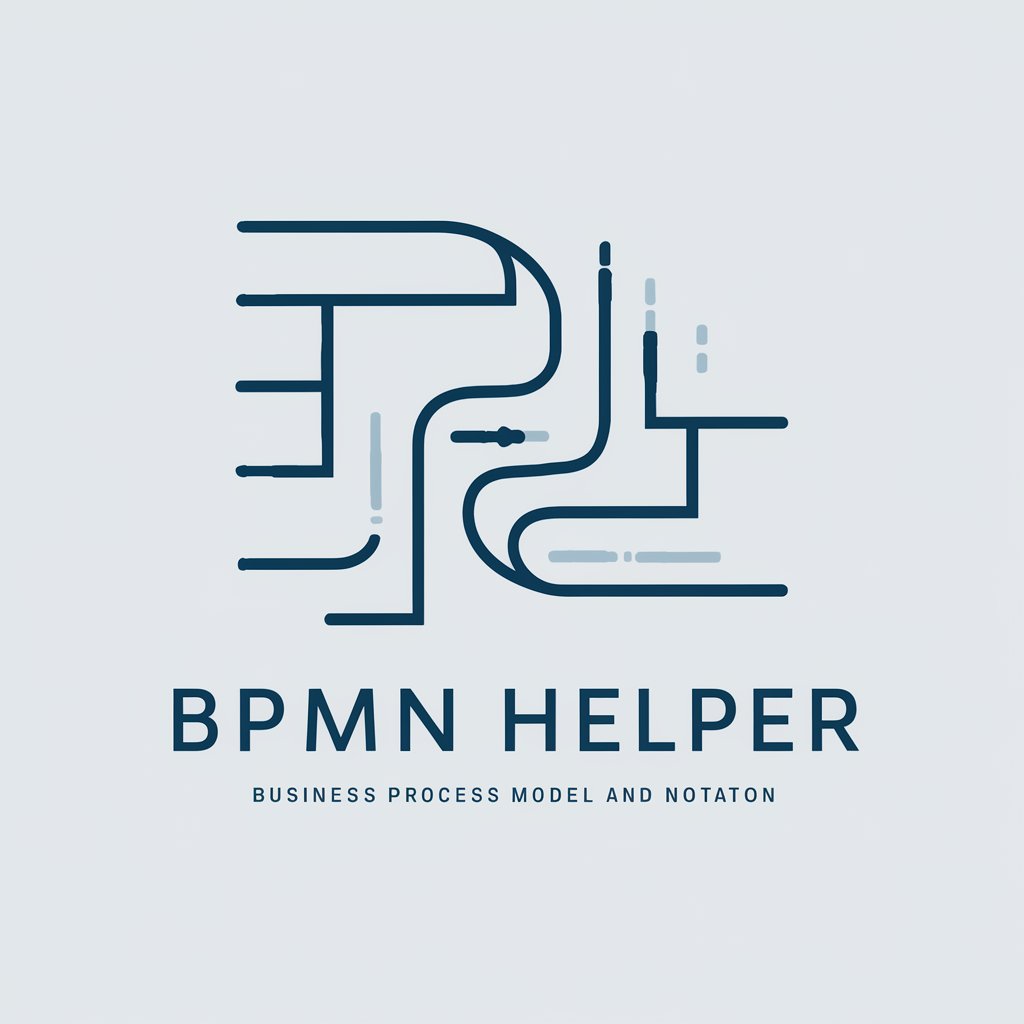
Mewing Coach
AI-Powered Jawline Transformation

OrthoGuide
Empowering Your Smile with AI
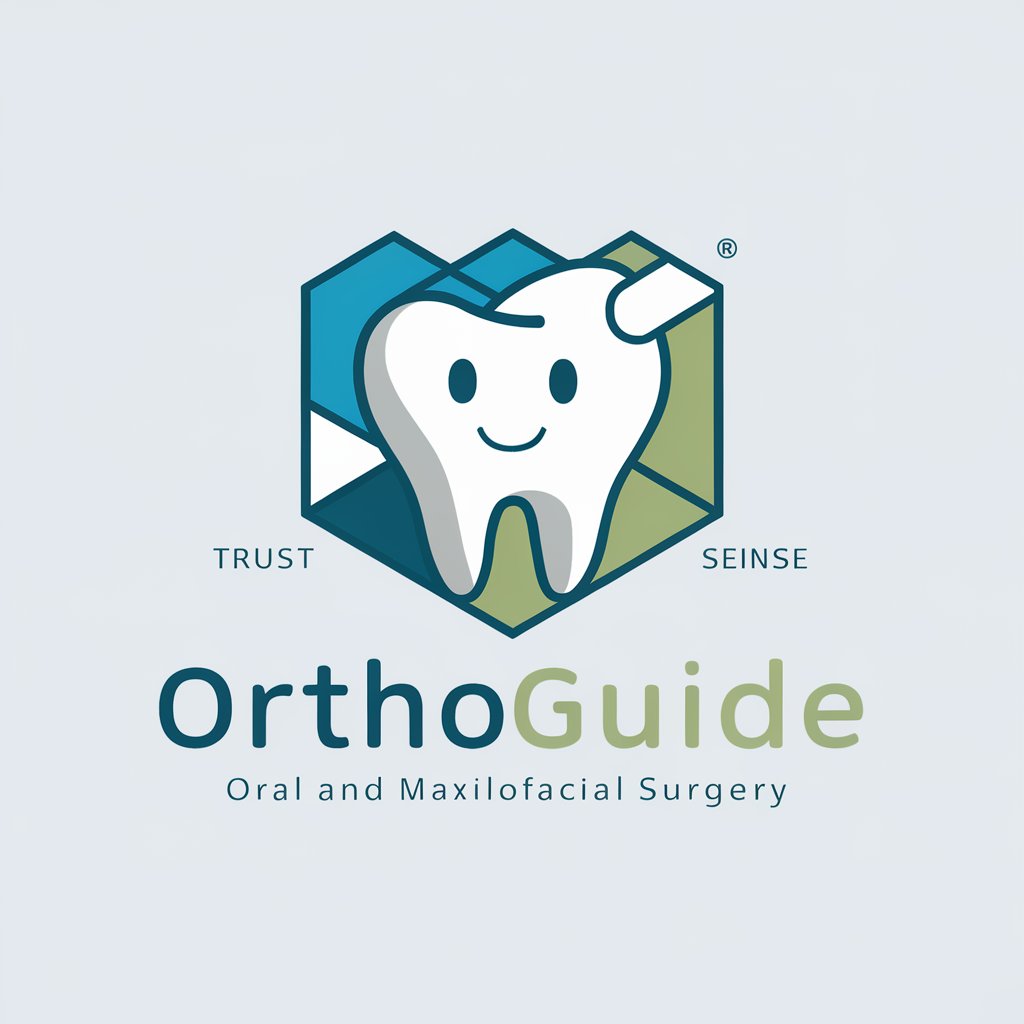
Polyglot Markdown Translator
Translating Markdown, Empowering Communication
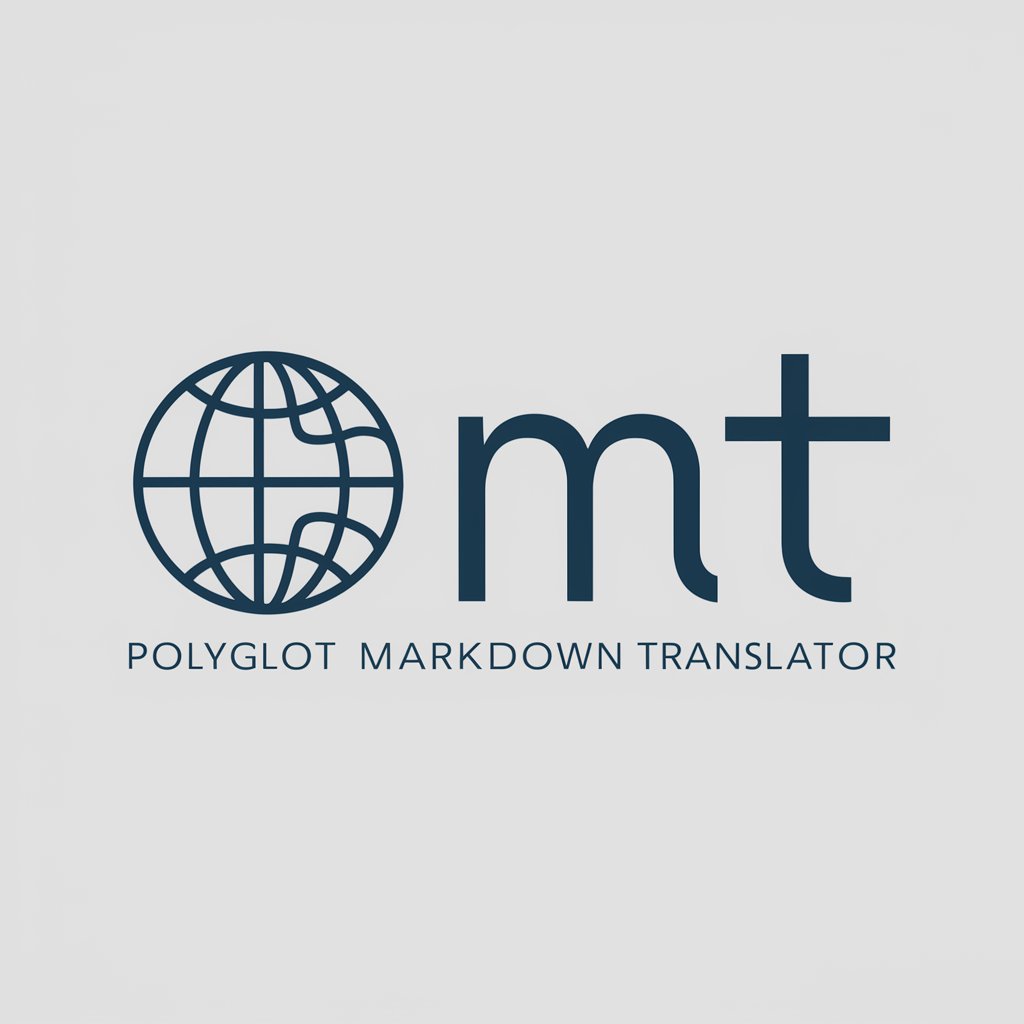
UX Job Story Writer (B2B)
Empowering Product Teams with AI-Driven User Stories

CSS to Tailwind Converter
Transform CSS to Tailwind effortlessly.
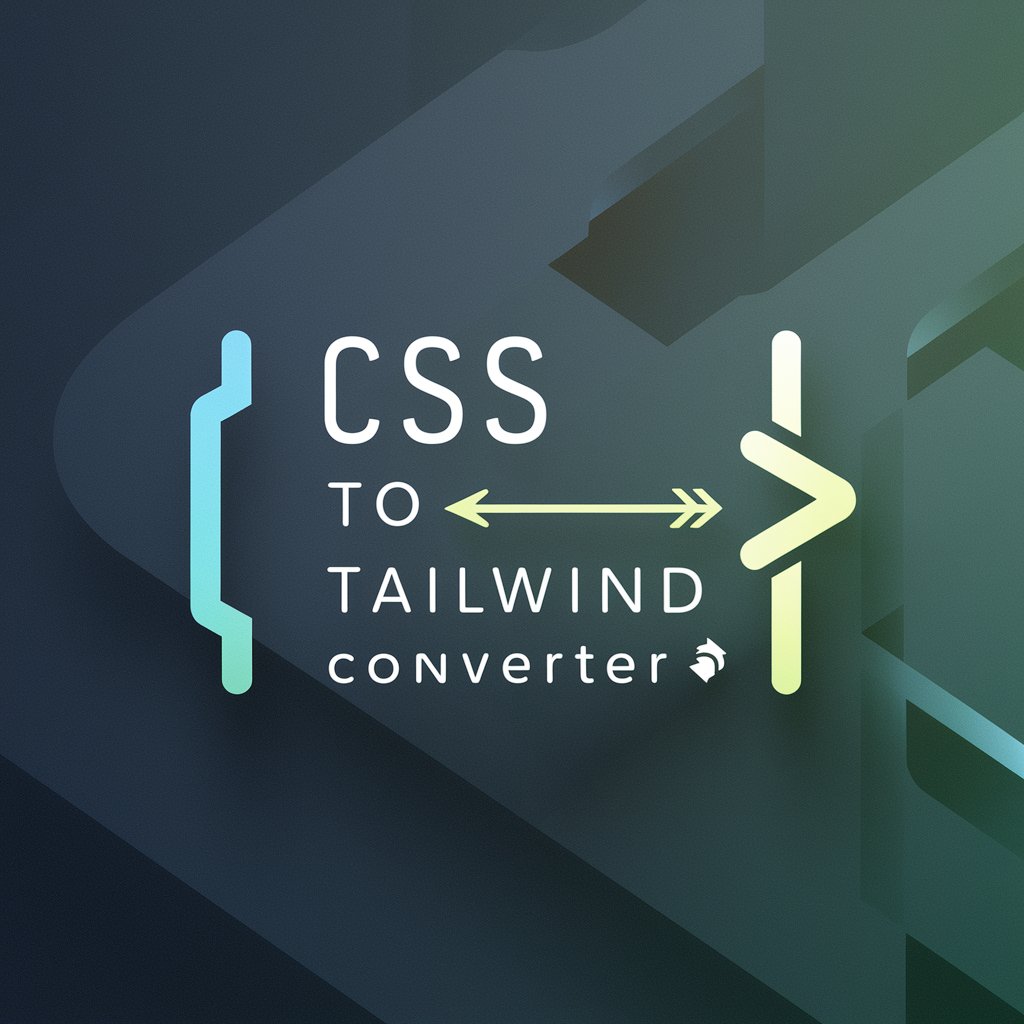
Math Unicode Converter
Transform Math Expressions with AI
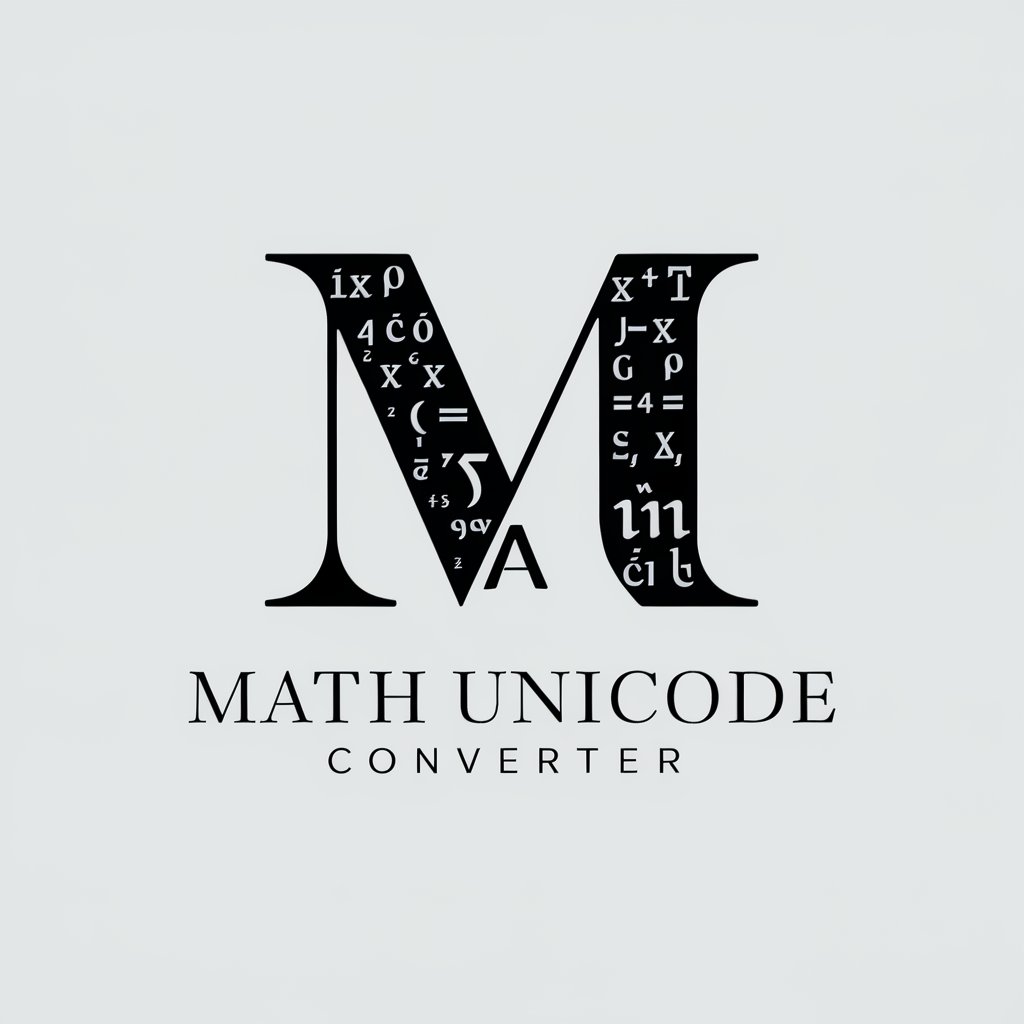
Earthly Eats
Empowering women over 40 with personalized nutrition and health wisdom.

Nomadic Buying Guides
Empower Your Adventure with AI-Driven Insights

Frequently Asked Questions
What is the Petition to Revoke Hearing Question Generator?
It's a specialized tool designed for Illinois prosecuting attorneys, aiding in the creation of legally relevant questions for petition to revoke hearings. It focuses on probation compliance, behavior assessment, and probation officer testimony.
How can this tool assist in preparing for a hearing?
The tool streamlines the preparation process by providing a structured framework to generate questions based on the probationer's behavior and compliance, leveraging uploaded case documents for specificity and relevance.
Can the tool adapt to various case scenarios?
Yes, it's built to handle diverse case scenarios. By uploading case-specific documents, it tailors the questions to reflect the nuances of each case, ensuring a comprehensive approach to each hearing.
Is there a limit to the number of cases or documents I can upload?
While there's no strict limit, it's recommended to upload documents pertinent to the case at hand to ensure the generated questions are as relevant and targeted as possible.
How does the tool ensure the generated questions adhere to legal and ethical standards?
The tool is programmed with an understanding of Illinois legal standards and ethical guidelines. It carefully constructs questions to avoid speculative or irrelevant inquiries, focusing on factual and procedural clarity.
